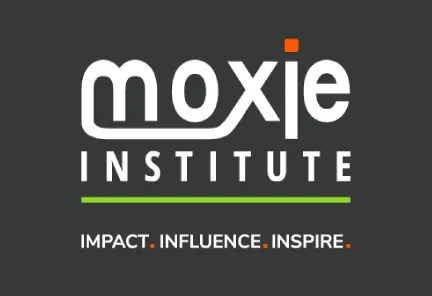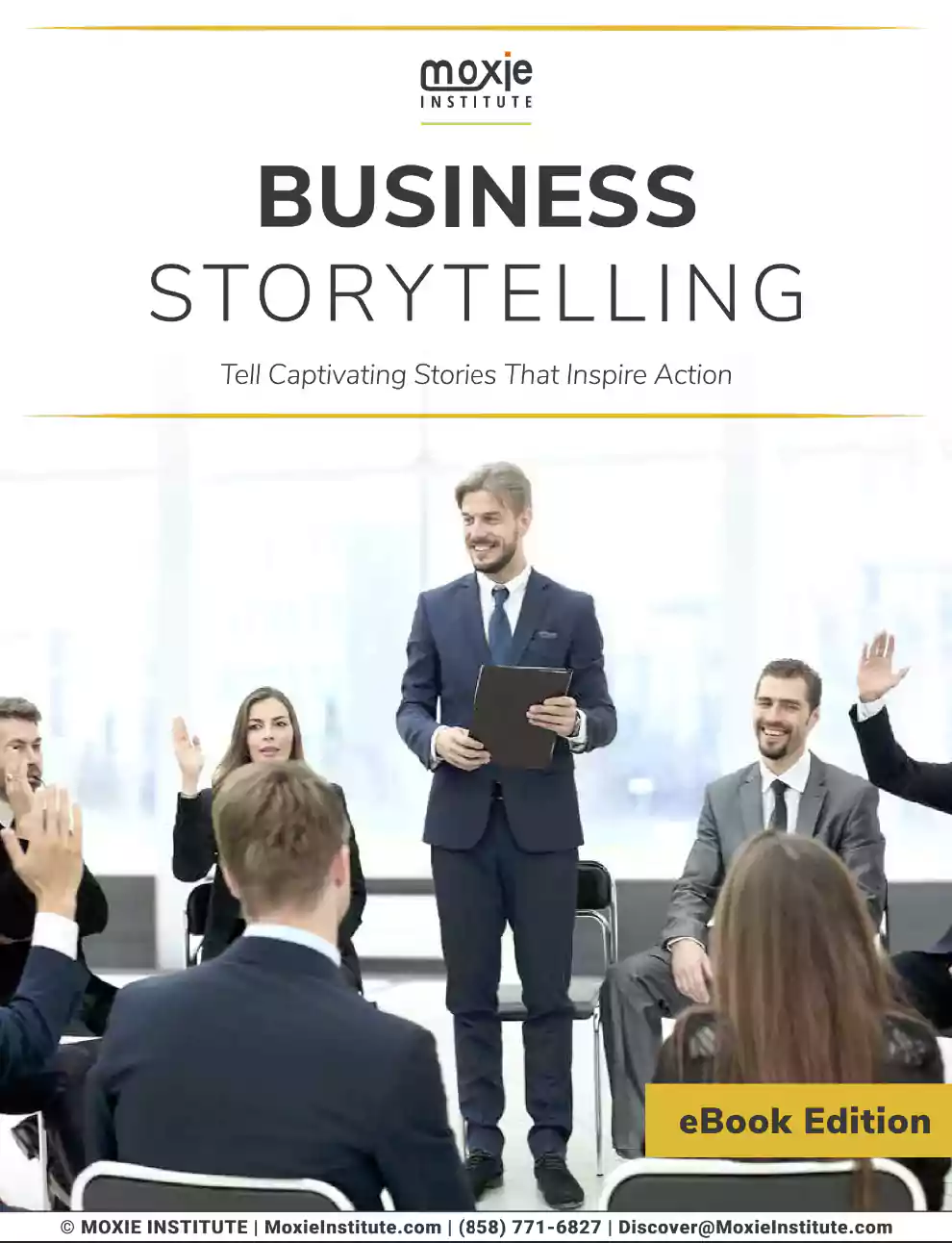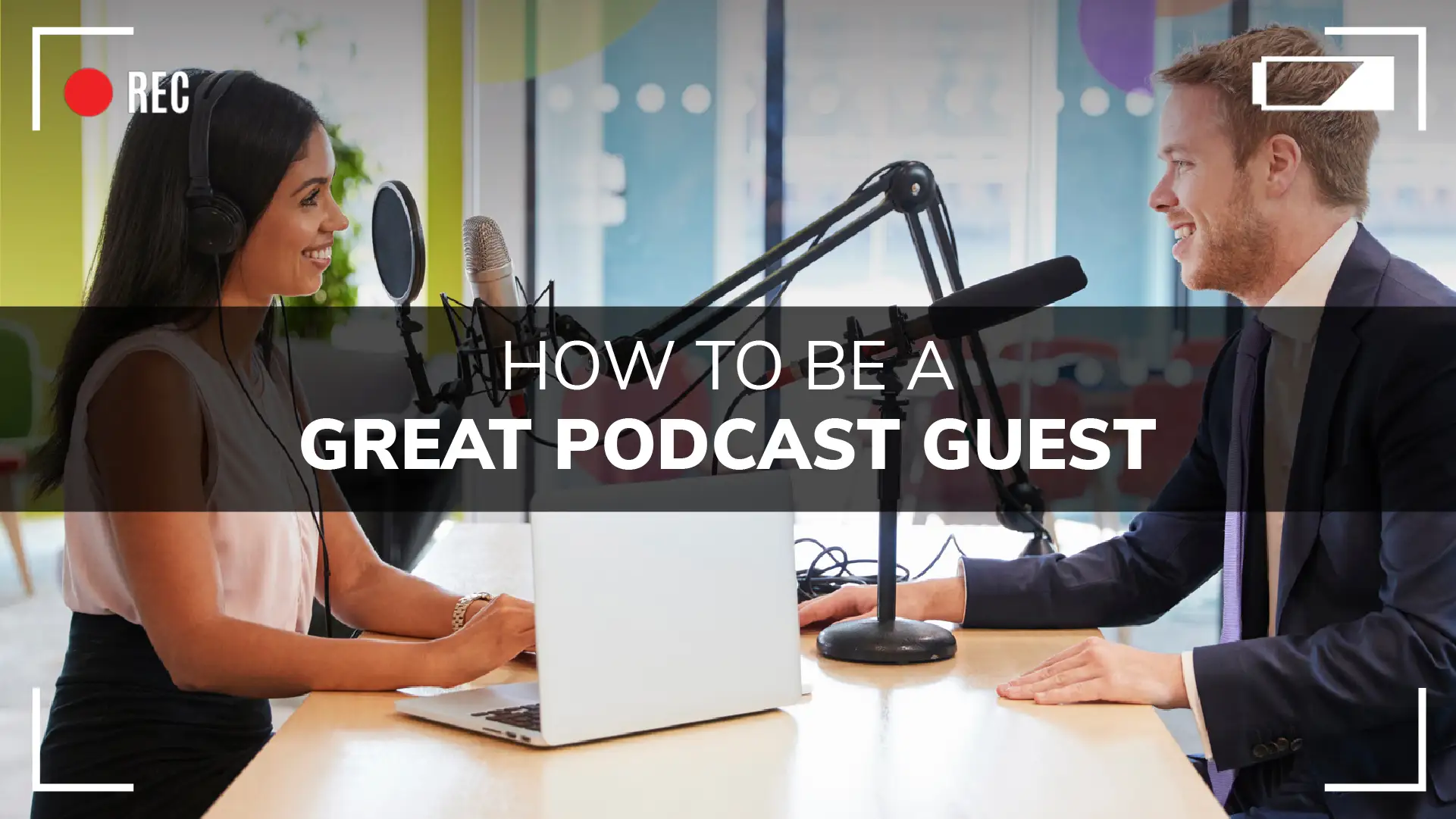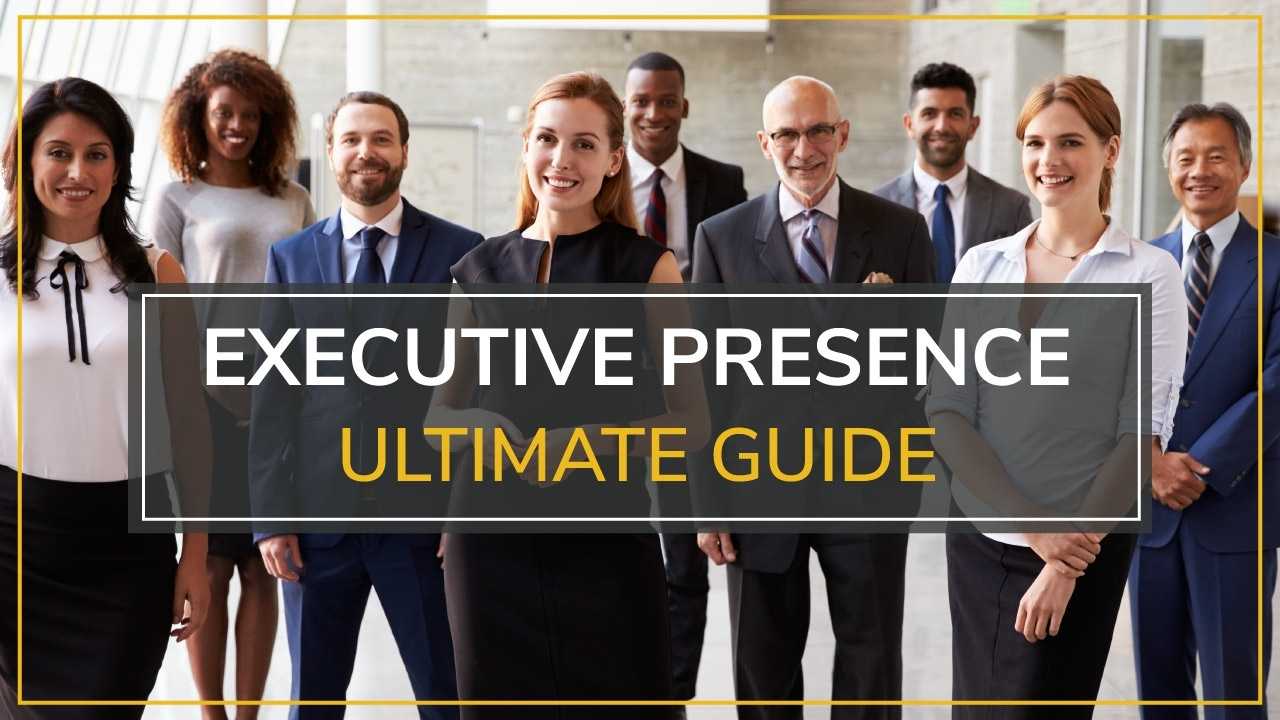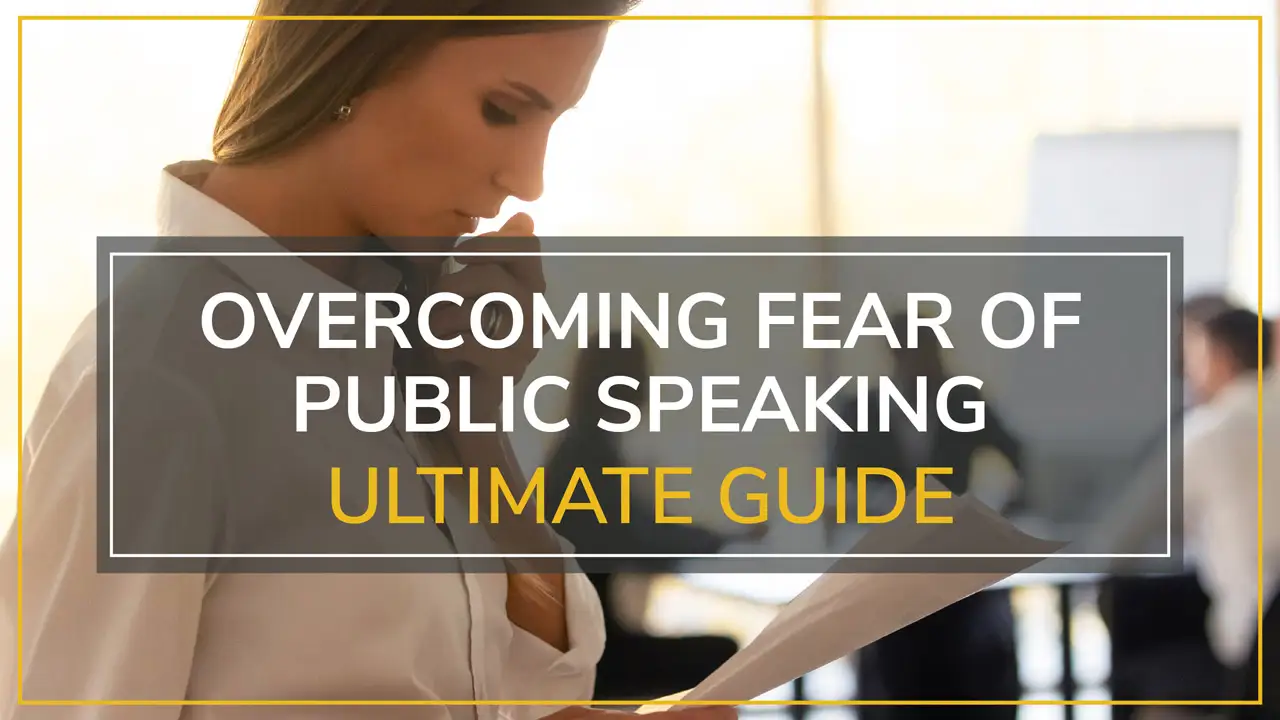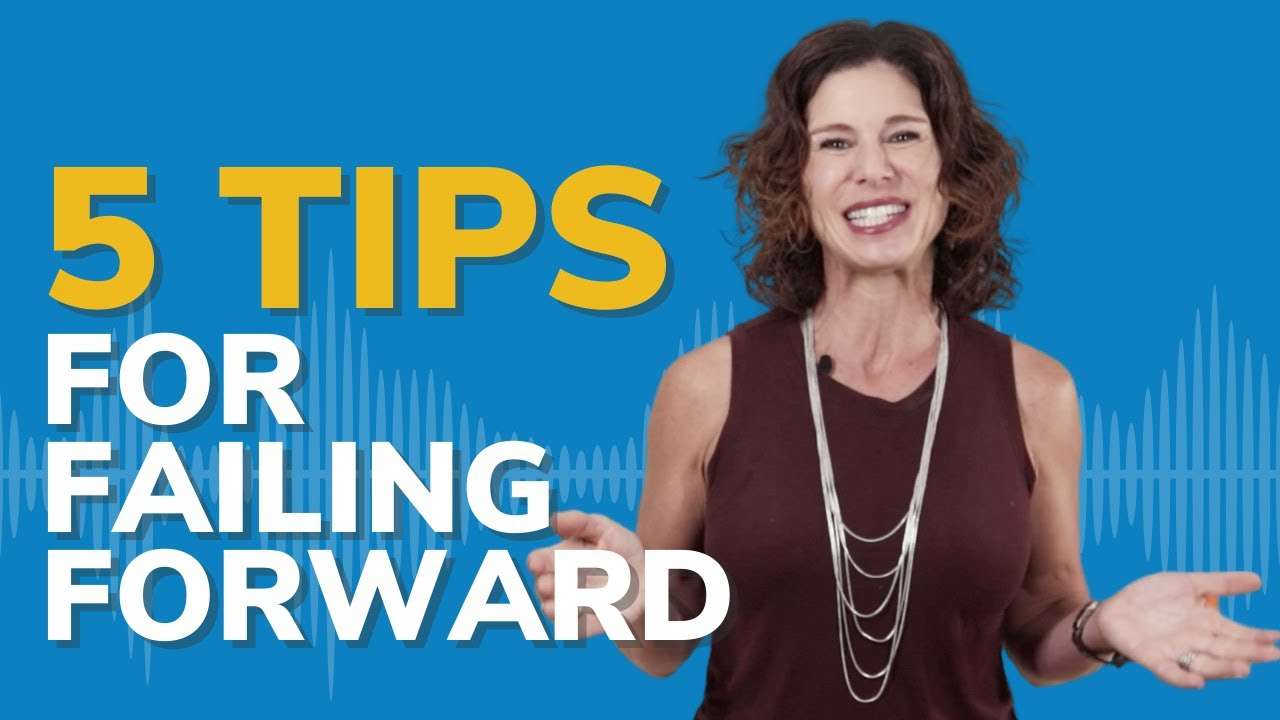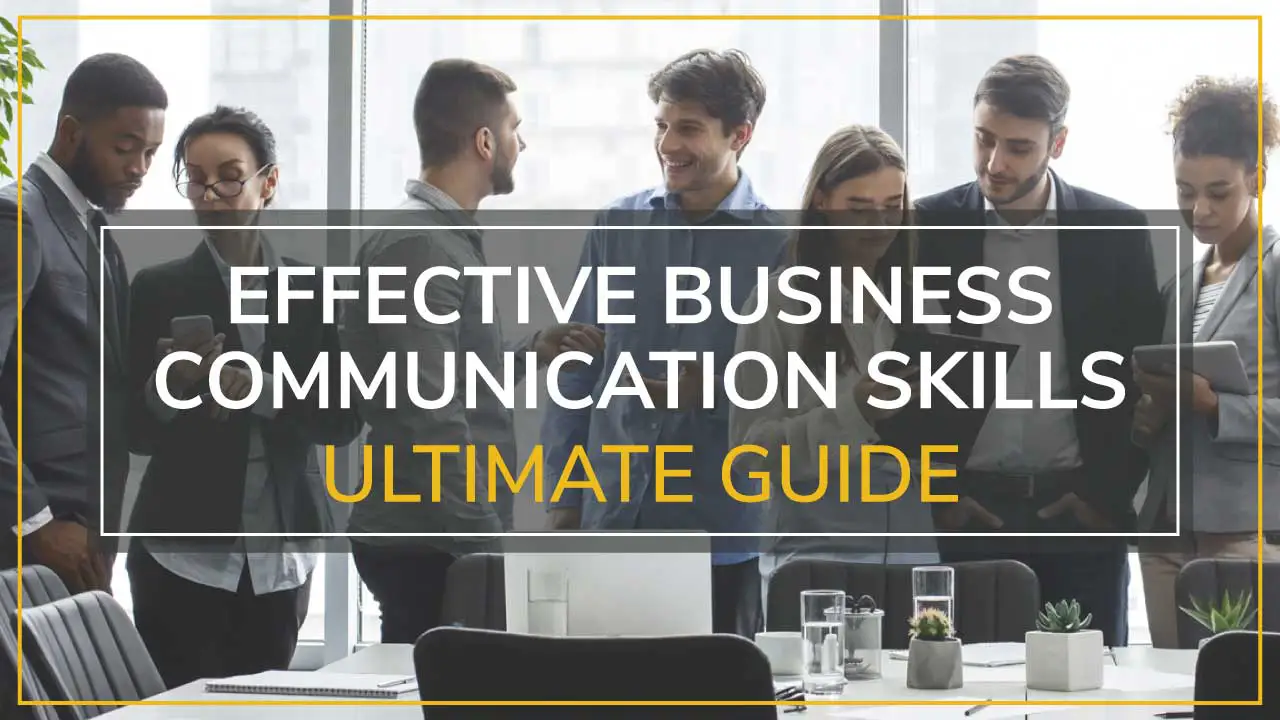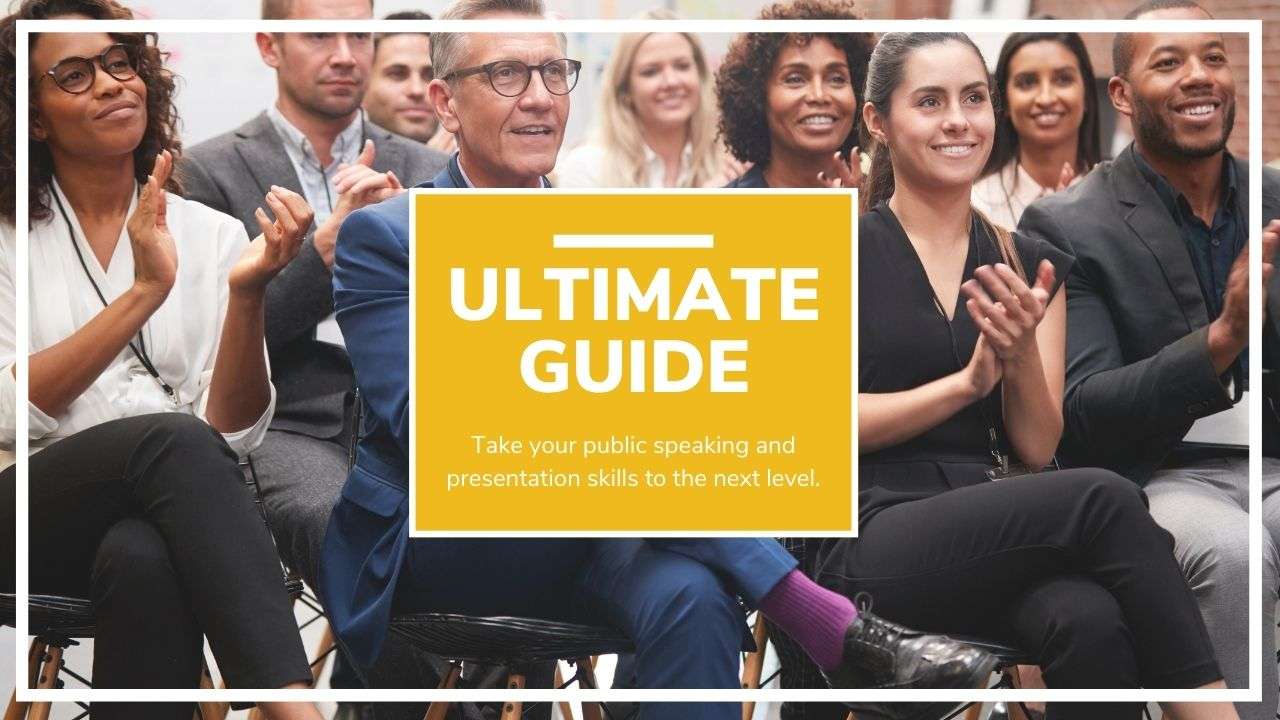If you get invited to be a podcast guest, you’re in luck—the show’s listeners are a brand new batch of people that you could be doing business with. The simple fact that you’re a podcast guest qualifies you as an expert in your field. How you perform on the show will cement that notion.
So if you want to really connect with people during the airtime on somebody else’s show, here are some best practices to show you how to be a great podcast guest.
Please Note: Moxie Institute has no affiliation with products mentioned/linked in this post and we do not receive any commission or compensation.
Table of Contents
ToggleHow Do You Become a Podcast Guest in the First Place?
So do you just sit around and wait for a podcast host to reach out to you? You can, but there are things you can do to increase the likelihood that you’ll catch a host’s eye.
Leave a note in your social media that you’re open to being a guest. When podcast hosts are looking for guests, they have two questions:
- Would this be a suitable person to have on my show?
- Would they even want to?
Your social media content answers the first question and the note about your willingness to be a guest answers the second question. Then the host can cut to the quick and ask you if you would like to be a guest.
There’s a chance, albeit a slim one, that a podcast host will reach out to you based on the quality of your content. This is extremely passive—on par with a message in a bottle in the ocean.
If you’re determined to be a podcast guest, then you’re going to need more active solutions.
Your best bet is to take the initiative to reach out to podcasts yourself and express your interest in being one of their guests. Simple. Direct. Effective.
Either Google shows that you think you would be interested in appearing on, or find someone who is much like you in your interests and your content, then find out what podcasts they have appeared on.
For example, let’s say you’re an entrepreneur who specializes in growing nonprofits,. Find another blogger that puts out the same content, then dig around to see if they’ve been featured on any podcasts. Then reach out to those podcasts. Hey. If they featured them, they would likely feature you.
Keep in mind that it’s unusual for a podcast guest to get paid for their appearance on a show. The “compensation” is usually the benefits of exposure to the new audience.
How to Bring Your Best Guest Game
You’ve been in touch with a host. A time and a date is picked out. There’s now a countdown to going live. So what do you do now?
From your audio and video equipment to how you sound and present yourself, every factor will contribute to helping you stand out and impress. We say this all the time at Moxie because it’s the #1 way to guarantee your success—prepare!
A well prepared podcast guest is not only likely to be invited back, but it will improve your personal reputation and may lead to even more opportunities. There’s literally no downside!
We break down all the key elements below:
Find The Best Microphone You Can
It’s easy to think that podcasting is like radio. There’s a brick and mortar studio that you can park your car next to and you go inside for the interview. Truth is, most podcasters with massive followings are based in their living room or a spare bedroom.
So you as a podcast guest will be using your own equipment in your own recording space.
There are exceptions. The crews behind some popular podcast shows always send a complimentary headset microphone to their guests ahead of the show. They would rather each episode cost $100.00 than have lousy sound quality.
That said, don’t skimp on the quality of your microphone. Remember, by making a guest appearance, you are being introduced to a whole new audience. You want to establish yourself as an expert in your field. You also want to make your host and their show look good. Bad audio nixes both.
$100.00 should get you a good mic. You can always spend more, but you don’t have to. Be careful of trying to go too cheap. You often get what you pay for.
The Blue Yeti is a USB mic that is usually a podcaster’s first mic. It’s easy to find on a retailer’s shelf. The typical price of $100.00 is sweet. It has a long-running record of use by YouTubers of all styles. Reviews are mixed on how well it holds up for long-term podcast production—it’s good, but it’s very easy to do better. It will do you just fine as a podcast guest.
Youtube has product reviews and demonstrations of any microphone you can think of, so you can hear any equipment in action before you make a final choice.
Try to pick up a mic with a cardioid pickup pattern towards the front of the mic. That way sounds from the sides and the back are minimized.
Record in a Good Environment
Choosing your mic is only half the battle. There’s no getting around the need for the right environment.
First, the low-hanging fruit: Do not record in public.
There is no microphone that will properly drown out the din of people, traffic, and appliances. That coffee grinder at Starbucks sounds like a jackhammer over a mic. This is the easiest way to harm your credibility.
Are you going to record in a spare bedroom or an office? It’s sure to be far less noisy, but still, consider environmental noises. This is where your choice of mic makes a difference. Ambient noises like air conditioners and outside traffic will either be minimized or magnified, depending on how wisely you spent your money. Microphones with a cardioid pickup pattern will pick up less background noise, but they won’t ignore it.
You can cut down on echo and reverberations by mounting acoustic panels on the wall or just hanging blankets. If you go with panels, many are being geared to appeal to your sense of interior design. Here’s an interesting chance for you to get creative.
Be Ready For Your Closeup
Video clips have become a big part of promotional material. So you should check with the podcast host to see if they want you to be on camera too. If so, you may want to invest in a webcam so you look good in any marketing!
As mentioned in our previous media training blog, video footage of the entire recording session is gaining traction on YouTube. So your host is likely going to want you to be seen and heard. A good starting point is the Logitech C920, both for the price point and the video quality.
Speaking on camera could cause some nervousness issues that speaking into a microphone won’t. This can be overcome with Fia’s excellent advice below, or with the help of a good media coach who can give you personal guidance and expertise.
On Speaking Well
Your voice will play the central role of your guest appearance on a podcast. Getting your voice to sound good isn’t an issue unless you’re nervous. Improving your voice means improving your breathing. If you’re nervous, then you’re probably taking short, shallow breaths that give you very little air for speaking.
Take a moment to practice diaphragmatic breathing: Rather than breathing into your chest, you want to take deep, slow breaths into your belly in a rhythm of 4-4-6.
- Breathe in for a count of 4
- Hold that breath for a count of 4
- Then breathe out for a count of 6.
- Repeat this a minimum of 5 times
Do your best to breathe with all your lung capacity, not just the upper half of your chest. This will calm you down and get you geared up for speaking and sounding great.
For a more in-depth guide, Fia has put together this fantastic video to help you cultivate the radio voice you’ve always wanted to have!
So now your voice sounds great. Does that mean you should talk as much as possible?
An interview involves two people and two points of view. If one person does all the talking, then there is no exchange. Podcasts frequently suffer from this. The guest starts talking and doesn’t stop.
You want to enrich the show, not hijack it.
Keep your answers and comments clear, conversational, and succinct. If the host asks you a question, keep your answers short without being terse. This takes practice. Try to lay down answers that tease the curiosity of others. This engages both the host and the audience.
The host knows their audience, so if anything you say warrants a deep dive, they will press you with more questions or ask you to elaborate. Just don’t go down rabbit holes on your own initiative.
Avoid The Elevator Pitch
It’s tempting to turn your airtime into an infomercial, but it won’t go over well. Pitching your business during a commercial looks great. But during an appearance as a podcast guest? It looks tacky and self-centered.
You will sell your brand just fine by not selling. People already expect that you represent some product or service. A podcast interview is a “safe” way for them to feel you out. If the audience gets a good impression of you, they will be naturally curious about what you offer. People do business with people they like.
The host will leave a brief about your business in the show notes and that’s where your leads will find you.
Bring Some Life to The Party
Some podcast guests sound like they’re being grilled by a drill sergeant. Relax. It’s a conversation, not an interrogation.
You’re allowed to laugh. You’re allowed to be colloquial. You’re allowed to use moderate humor. Robotic or rigorously disciplined speech will make you sound boring, unapproachable, or both. People want to listen to a fun and friendly conversation where they learn new insights.
The best way to think about it is you’re talking with a good friend who wants to know more about your expertise. Tangents and side conversations are normal so don’t worry about going off topic occasionally if it feels natural. The host will likely pull things back on topic when necessary.
Project Your Personality
Nonverbal, visual communication is part of the “energy” of an interview. Well, during a podcast, assume nobody can see you. So if you’re a naturally animated person but your voice is subdued, you’re just going to come across as subdued in the earbuds.
Being a podcast guest isn’t quite as formal as giving a presentation, but the principles of executive presence still apply. You want to be engaging, you want to sound like you belong there, and you want people to know you’re more exciting than a houseplant—all without saying it.
You can lay the groundwork for all these things before the interview takes place.
Do Research
Two people can love eggs for breakfast. That doesn’t mean both people will like them scrambled. The audience you’ll be speaking to as a podcast guest might be interested in what you do, but you’ll have to consider how you’ll present to them. Do your homework and profile the type of people that listen to the show.
- Listen to at least two full episodes of the show. Get a feel for how the show host tailors the content. Note any special segments of the show that are recurrent. If it’s in every program, then it’s something the audience wants to hear.
- Read the reviews of the podcast. That’s where people spell out what they like and what they don’t like. This is the most direct way to feel out the audience.
- To the extent that you can, get to know the host of the show. Have a look at their social media. Talk to them if you can. After all, the show is an extension of the host’s personality. The same is true of every book, painting, video game, and movie. Often when you research the creators, you can see their personality in the production.
Don’t Wing It. We Repeat: DON’T WING IT!
It’s easy to think that as a podcast guest, all you have to do is show up and things will go smoothly. But bringing maximum value to the show calls on you to prepare. Without it, the conversation will meander and value will be scarce.
So what, does this mean you’ll need to write a script? No, but you will want to have a basic “survival kit” ready.
Have a few stories in your back pocket
The real gold in a podcast is storytelling. As a podcast guest, the host is going to ask you to tell your story so the audience will know why you’re on the show. This is where guests will be tempted to ramble or do deep dives. Keep your story light to medium. The host knows what kind of meat to offer their audience, so if anything about your story calls for a deep dive, they’ll ask more questions.
People don’t tune in just to hear people chewing the rag. They want stories. So before the show rolls around, have two or three stories ready to fall back on just in case. They could be used as answers to questions or a way to keep a conversation rolling. Being able to roll out several stories on demand will call on you to take a close look at your storytelling skills.
Consider Scripted Questions
This is the secret sauce that brings out good, deep content for a podcast. Yet it’s often overlooked. Between the spontaneous Q and A, how about the host knows a few questions in advance and you know the answers in advance? That way any relevant deep dives are ready to go. The audience really gets value for the time invested in listening.
Rehearse Anyway
Stories, questions, jokes—Whatever you prepare, make sure to spend some time rehearsing. Even if it’s just reading over everything out loud at least 3 or 4 times. It will help a lot when it’s finally show time. You will be mentally one step ahead of yourself.
Conclusion
When the interview is over, don’t forget to share the episode where you can. This is part of adding value to having you as a podcast guest. The show host will appreciate free advertising. Plus it gets you extra exposure.
Being a podcast guest has some things in common with being part of a panel discussion. The overlapping principles might be worth exploring.
Sure, being a podcast guest is a chance to reach a whole new audience, but it’s also a chance to have fun. That’s how you’ll reach the most people. Again, people do business with people they like. Make yourself human and likeable and the new leads will come.
Podcasting is just one small part of the media. Moxie can help you be ready for any combination of camera,microphone, and audience. Our media training will make sure you’re ready for anything.
TAKE THE FIRST STEP TO MASTER POWERFUL NEW SKILLS
Schedule an easy 30-minute call using our using our calendar. We’re here to help!
